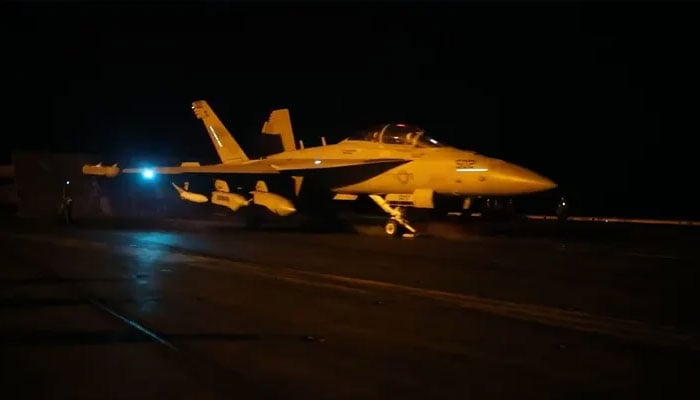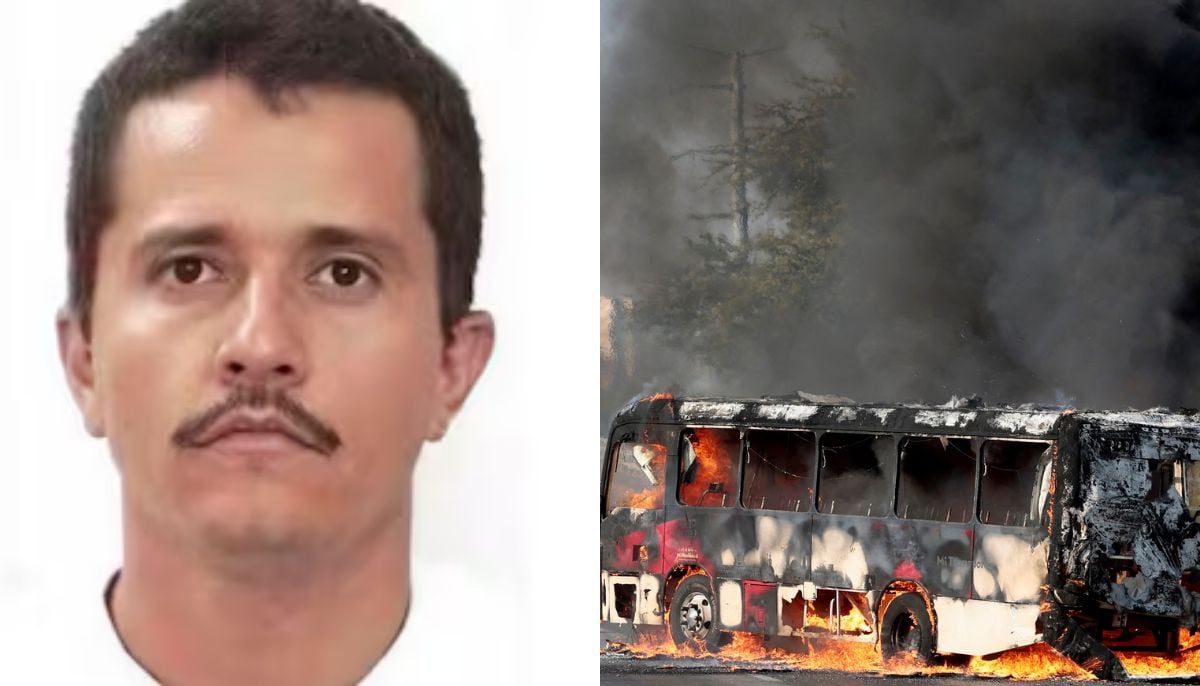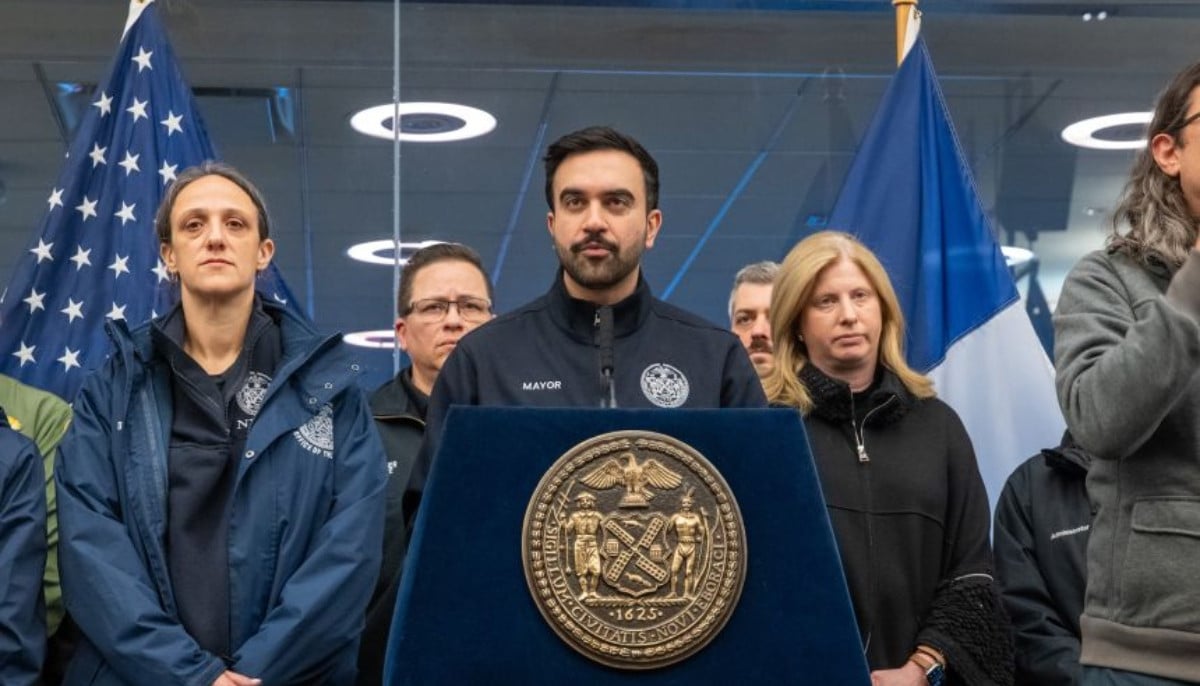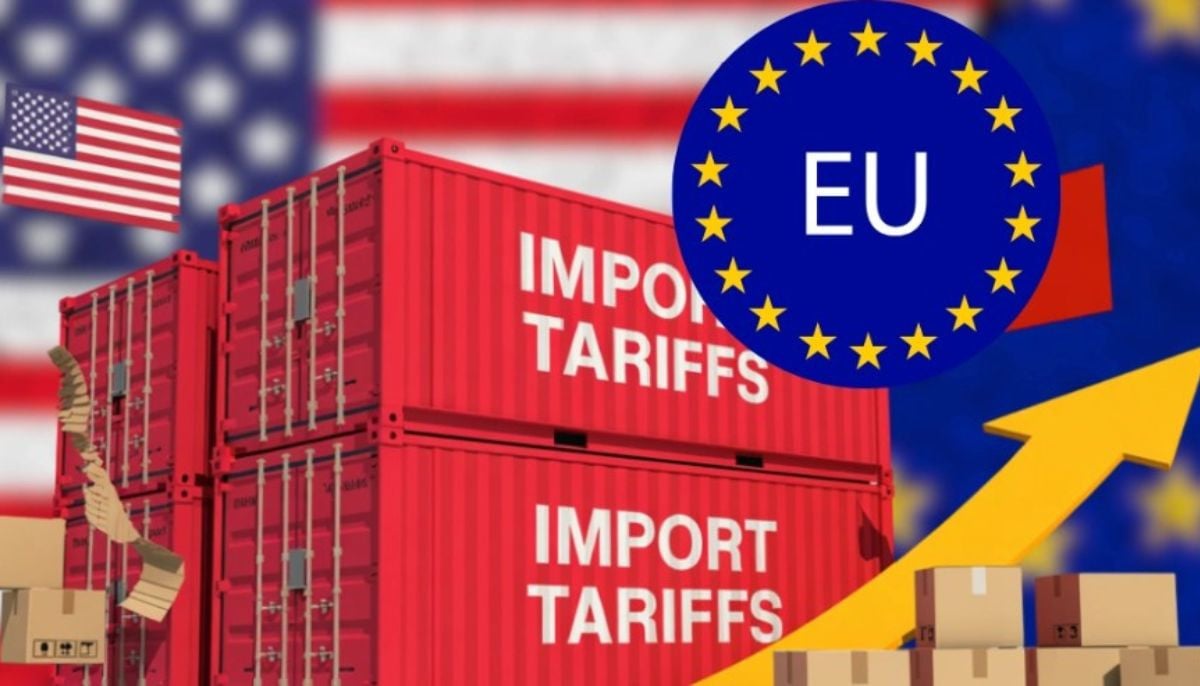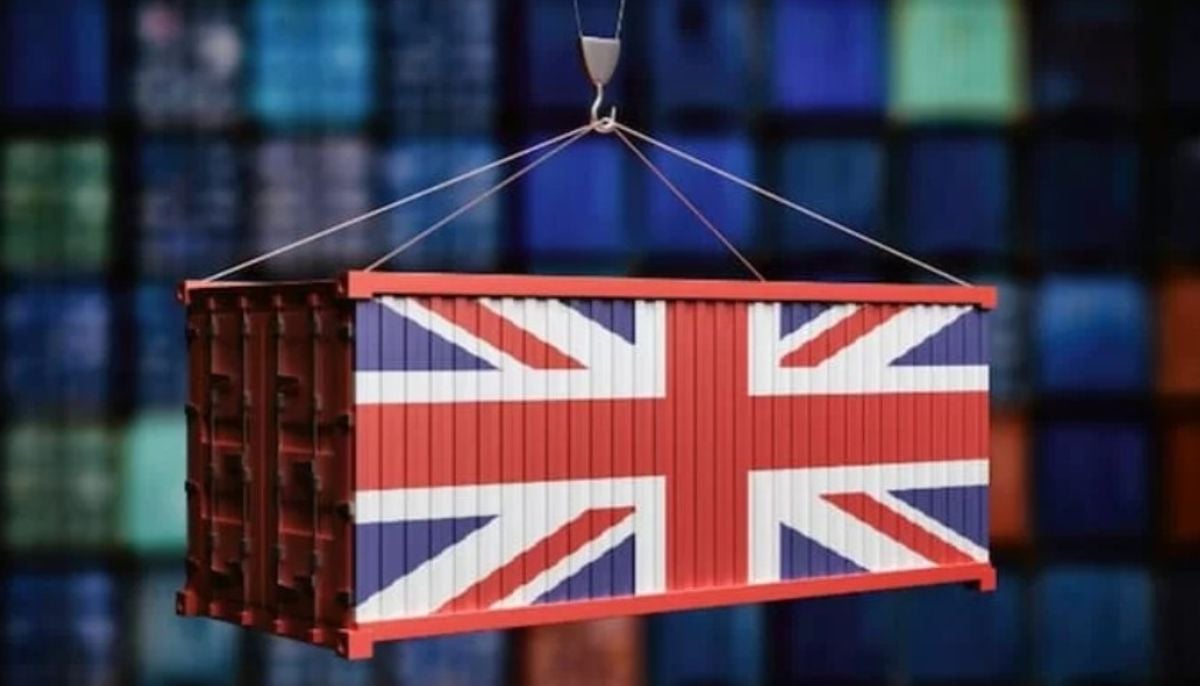US uses AI to target locations for airstrikes in Middle East
AI technology increased military targeting accuracy, but there are concerns about how well it prevents civilian fatalities
The United States has increased its use of artificial intelligence (AI) technology for the identification of locations to carry out its airstrikes in the Middle East, according to a new report by Bloomberg.
In the latest round of airstrikes, coalition forces led by the US targeted eight locations, which included underground weapons storage facilities, missile storage facilities, one-way attacks on unmanned aerial systems, air defence systems, radars, and a helicopter, to disrupt the capabilities of the Iranian-backed Houthi militia, according to the Pentagon.
The US is employing complex AI and machine learning to fire precise targets on enemy organisations as it has increased its retaliation attacks against terrorist organisations in the area.
Chief Technology Officer for US Central Command (CENTCOM), Schuyler Moore, said that the military is using computer vision algorithms to identify enemy targets in the Middle East.
According to Steven Feldstein, a senior fellow at the Carnegie Endowment for International Peace, who was discussing its use during the strikes, "AI systems can aggregate bulk information and identify targets and locations in ways that can be more efficient than relying on traditional techniques."
There is no denying that AI technology has increased military targeting accuracy, but there are still concerns about how well it prevents civilian fatalities. Concerns regarding these technologies' potential effects on innocent bystanders during conflicts continue to exist in the absence of more accountability and transparency in their deployment.
-
Italy: Skeleton of Saint Francis of Assisi’s goes on public display for first time after 800 years
-
EU rejects any rise in US tariffs after court ruling, says ‘a deal is a deal’
-
Woman allegedly used ChatGPT to plan murders of two men, police say
-
UK seeks ‘best possible deal’ with US as tariff threat looms
-
Sterling K. Brown's wife Ryan Michelle Bathe reveals initial hesitation before taking on new role
-
Rising energy costs put UK manufacturing competitiveness at risk, industry groups warn
-
Liza Minnelli recalls rare backstage memory with mum Judy Garland in new memoir
-
Armed intruder shot dead at Trump's Mar-a-Lago residence: US Secret Service
